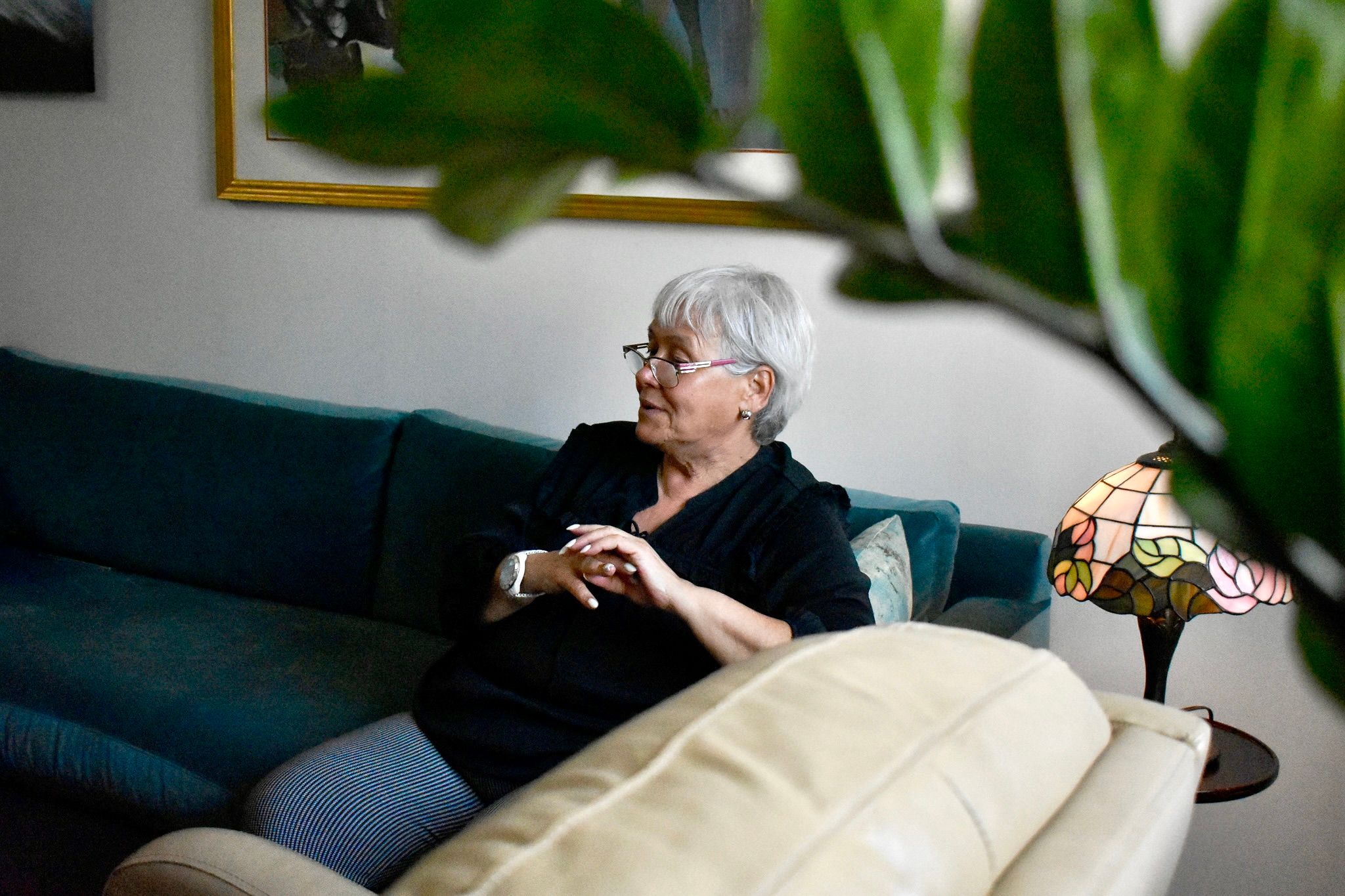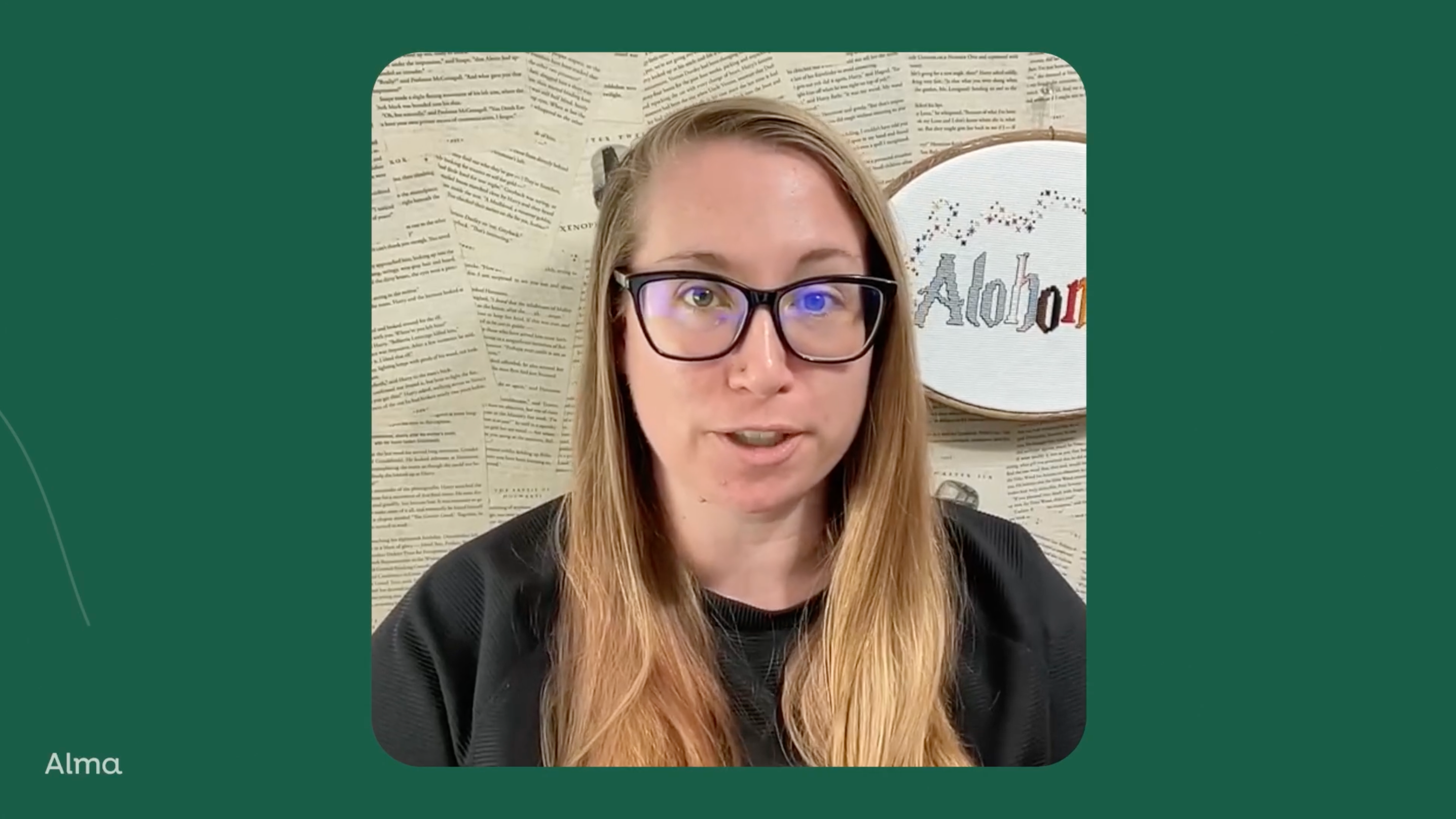
Not just anyone.
It was over a year and a half since I had adopted my son, and I was still struggling.
The new intensity of my obligations overwhelmed me to the point of burnout. “Busy” took on a whole new meaning. In order to care for my kid, I took less and less care of myself. I didn’t feel capable of slowing down enough to just enjoy my child. I felt like a bad parent. I felt like a bad person.
I wanted to talk to somebody. But, for a long time, I didn’t.
I went without support because I didn’t expect anyone could understand what it is like to adopt an older child; to operate within complex family systems; to navigate an open adoption agreement. Not just anyone can hold space for trauma; the queer experience; the fact that choosing between self-care and caregiving is a lot more nuanced than the metaphor about oxygen masks.
I didn’t believe that anyone could help me.
But, Rachel isn’t anyone.
Everyone needs a unique fit.
Not just anyone could help me tackle the problems I faced. And, I knew I didn’t want to get algorithmically matched to a clinician by an app or insurance network.
Instead, I searched through Alma’s diverse directory of providers using the filters that mattered most to me. And that’s how I found a handful of clinicians — including my now-therapist, Rachel — to consult in search of a fit.
While I didn’t need somebody who had the same gender identity as me, I did need to feel safe. As a queer person, I’ve never taken for granted that the person sitting across from me respects who I am. It would be impossible for me to do the vulnerable work of self-development in a room where my whole self wasn’t unconditionally accepted.
High-quality mental health care doesn’t mean that your therapist has to share all your experiences and identities. What matters more is fit.
“Fit” can feel mercurial to define, yet it is perhaps the most important piece — if not the foundation — of supportive mental health care.
The therapeutic alliance
This element of psychological safety is a core component of what is called the therapeutic alliance.
A strong therapeutic alliance is one that “includes a sense of safety with and trust in the therapist you choose, as well as shared alignment around your personal goals for therapy and how you will reach them.”
Forging a strong therapist-client relationship doesn’t necessarily require shared experiences. It also doesn’t happen automatically.
How fit affects outcomes
Finding the right fit isn’t just about making therapy comfortable; it’s about making therapy effective.
When Alma asked therapists what matters most in measuring the success of therapy, 42% chose the strength of the client-therapist relationship.
This is backed up by the latest clinical research, including a 2022 study into leading therapy modalities, showing a strong correlation of a therapeutic alliance with positive outcomes.
Similarly, when therapy incorporates cultural competence that is responsive to the identity and experience, it has demonstrably better results.
Therapists need unique support.
A big part of what made Rachel a great fit for me was her background working with families in foster care. I've been able to work with her on my most immediate challenges, without having to do all the education work about how adoption, reunification, and public policy has evolved in recent years.
In order for me to find that perspective, I needed to discover a therapist working in both the child welfare system and independently in private practice.
The power of private practice is that it puts clinicians in control to build a business that plays to their unique strengths, specialties, and experiences. But building a business of any kind requires tailored support.
Private practice support
In order to do their best work, clinicians need to be able to invest in their relationships with clients.
Far too often, though, a strained mental health care system makes it difficult for providers to take care of themselves (much less run a business). Providers who come from underrepresented backgrounds particularly lack the support required to bring culturally-competent care to those who would benefit from it.
Alma operates as a membership-based network that empowers clinicians to build their private practice, their way, and with the support they need most.
How Alma supports providers
Therapy isn’t one-size-fits-all, and neither is the support that private practices need. Alma works to help private providers in several ways:
- A directory designed to connect them with clients looking for their unique background and experience
- Time-saving administrative tools
- Insurance made easy, for clinicians and their clients
- A supportive community of peers
The right fit matters.
At the same time that I was searching for my “Rachel,” I got to watch my teammates at Alma work incredibly hard on a campaign that would introduce our unique philosophy to the rest of the world.
As a team of talented marketers, my coworkers have tons of experience highlighting the value a company can offer. But, in our case, the most valuable part of Alma isn’t our company.
It’s Britni. It’s Damian. It’s Justin. It’s Nicole. It’s Nira. It’s Robyn. It’s Tania. It’s Tatiana.
It’s Rachel.
Not just anyone could have helped me navigate the extraordinary stressors I faced in the past few years. Having benefited from uniquely supportive mental health care, I’m honored to be part of a company that uniquely supports these providers.
Alma’s new campaign is called “Not just anyone,” and it’s our love letter to the right fit.
Oct 19, 2023

Looking for a therapist?
Get tips on finding a therapist who gets you.
By submitting this form, you are agreeing to Alma's privacy policy.



